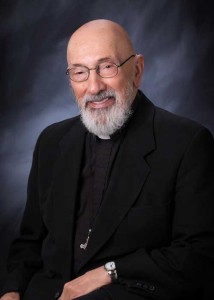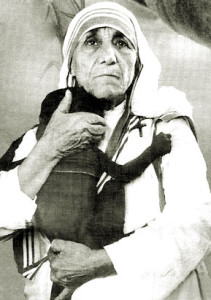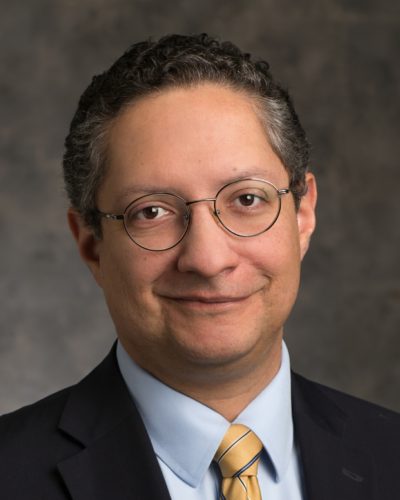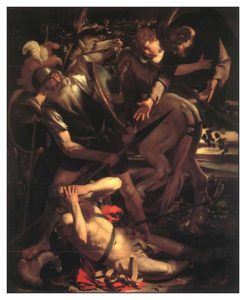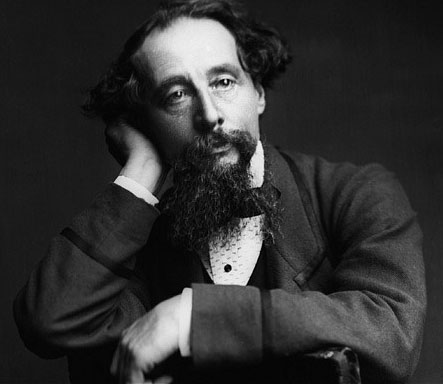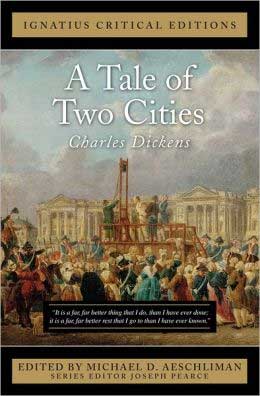Podcast: Play in new window | Download (Duration: 27:56 — 19.2MB) | Embed
Subscribe: Apple Podcasts | Spotify | Amazon Music | Android | Pandora | iHeartRadio | JioSaavn | Podchaser | Gaana | Podcast Index | Email | TuneIn | Deezer | Anghami | RSS | More
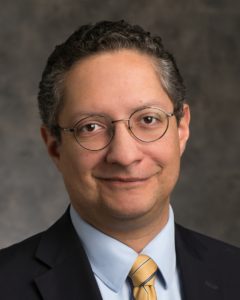
Value 5 – The Common Good, Universal Destination of Goods, Subsidiarity, Participation, Solidarity part 4
“Participation.”
These are the five principles laid out in the Compendium of the Social Doctrine of the Church. If we understand these principles, then the work of the Revolution can begin. We are made now for a New Kingdom with Christ as our King in all things. Let us discover this place together, and make the devil cringe and know the suffering of defeat.
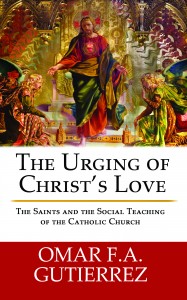 Deacon Omar F.A. Gutierrez is an Instructor for the Holy Family School of Faith Institute and Director of the Pontifical Society for the Propagation of the Faith for the Archdiocese of Omaha. He’s also the author of “The Urging of Christ’s Love: The Saints and The Social Teaching of the Catholic”
Deacon Omar F.A. Gutierrez is an Instructor for the Holy Family School of Faith Institute and Director of the Pontifical Society for the Propagation of the Faith for the Archdiocese of Omaha. He’s also the author of “The Urging of Christ’s Love: The Saints and The Social Teaching of the Catholic”

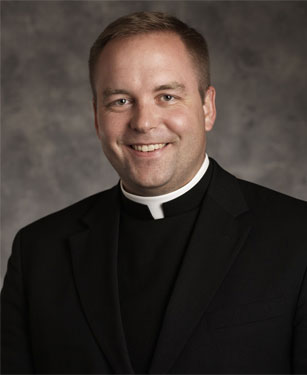
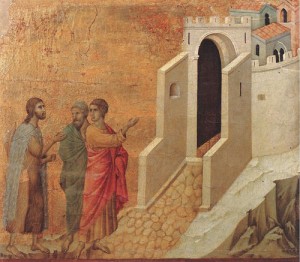 Based on “Is Jesus Calling You To Be A Catholic Priest: A helpful guide,” published by National Conference of Diocesan Vocation Director.
Based on “Is Jesus Calling You To Be A Catholic Priest: A helpful guide,” published by National Conference of Diocesan Vocation Director.
 Probably the darkest of all Shakespeare’s plays, Macbeth is also one of the most challenging. Is it a work of nihilistic despair, “a tale told by an idiot, full of sound and fury, signifying nothing”, or is it a cautionary tale warning of the dangers of Machiavellianism and relativism? Does it lead to hell and hopelessness, or does it point to a light beyond the darkness?
Probably the darkest of all Shakespeare’s plays, Macbeth is also one of the most challenging. Is it a work of nihilistic despair, “a tale told by an idiot, full of sound and fury, signifying nothing”, or is it a cautionary tale warning of the dangers of Machiavellianism and relativism? Does it lead to hell and hopelessness, or does it point to a light beyond the darkness?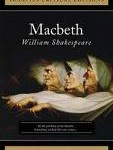
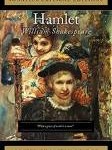
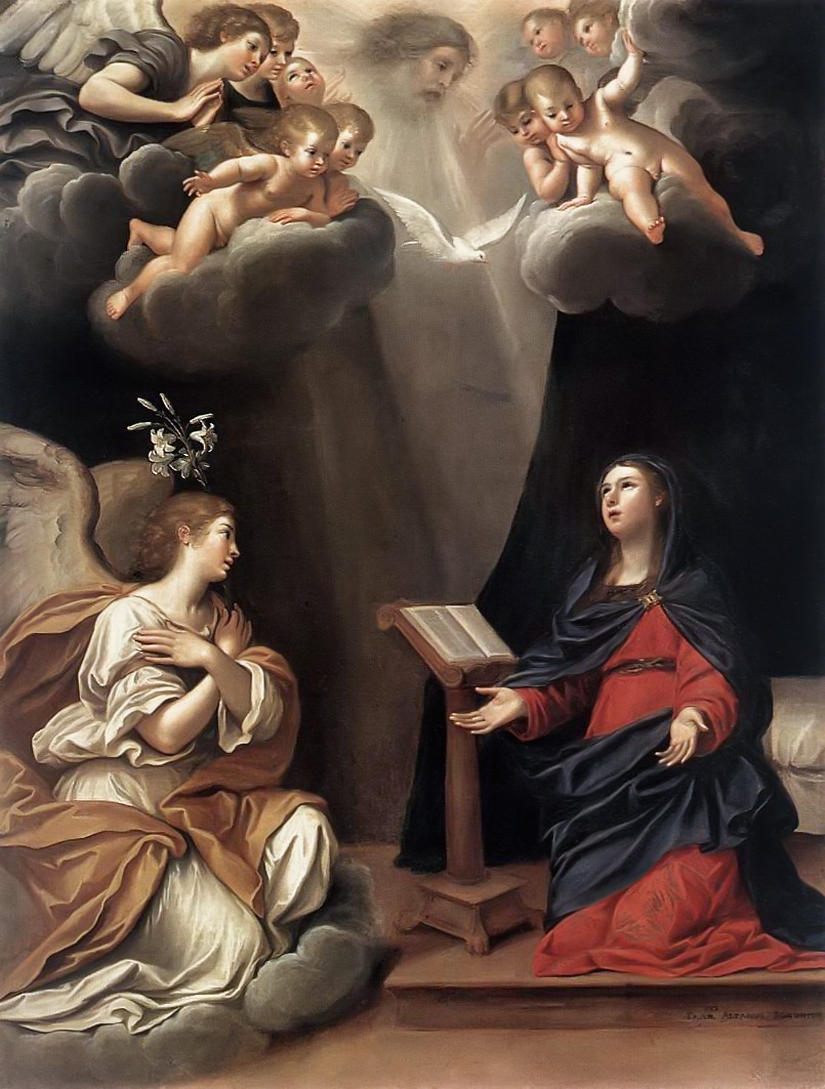
 Dr. Lilles continues the spiritual explorations of the Letters of St. Elizabeth of the Trinity. In this episode, we continue our conversation on letter 169, with a special focus on Heaven as a spiritual reality:
Dr. Lilles continues the spiritual explorations of the Letters of St. Elizabeth of the Trinity. In this episode, we continue our conversation on letter 169, with a special focus on Heaven as a spiritual reality:

